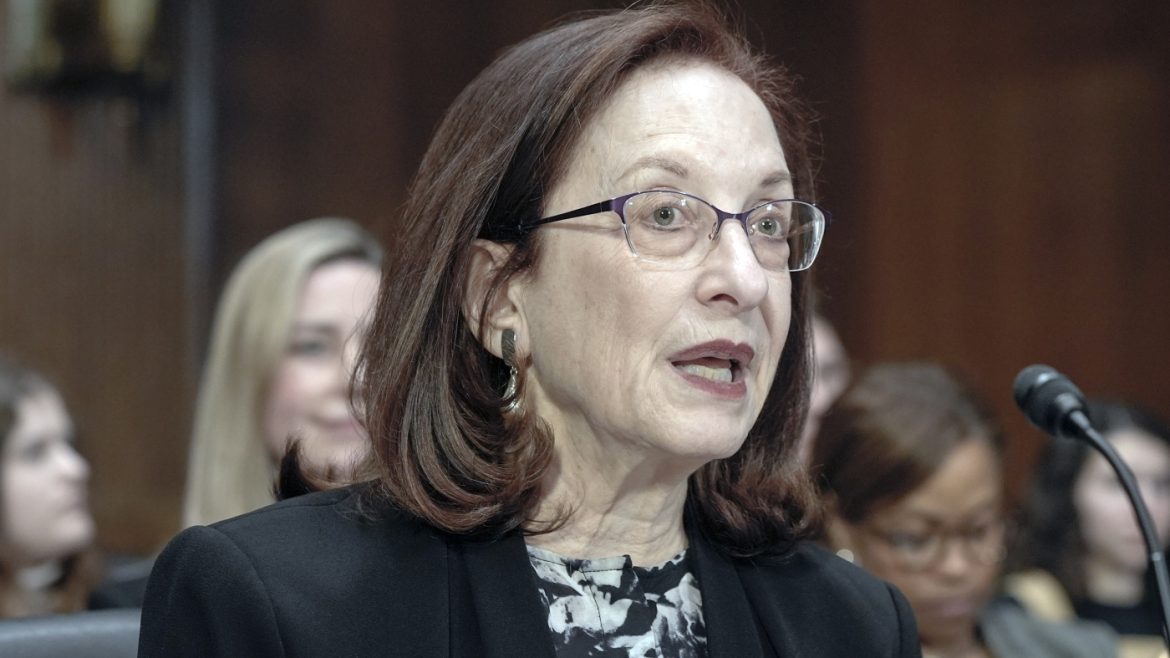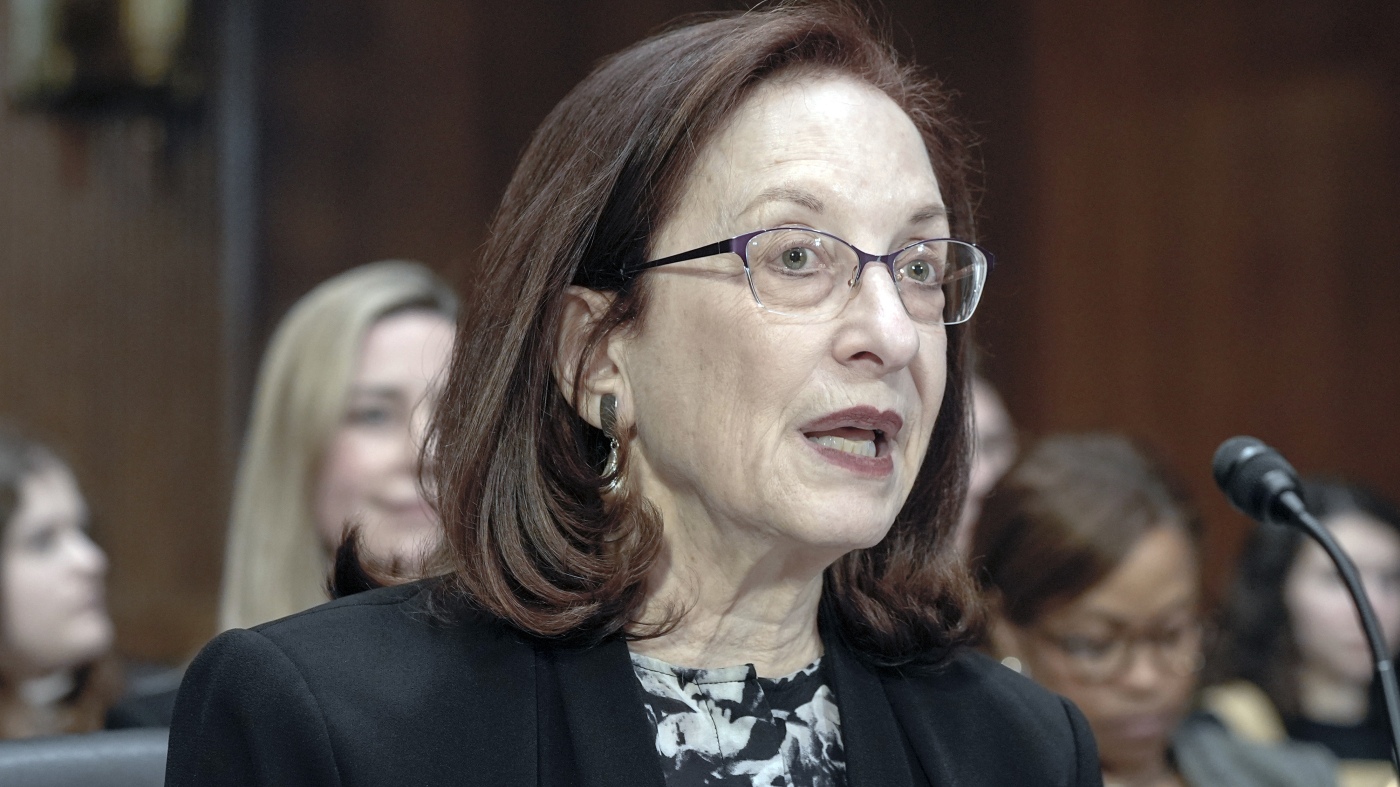A Legal Storm in the U.S. Copyright Office: The Firing of Shira Perlmutter and Its Fallout
Recent upheaval at the highest levels of the U.S. Copyright Office has erupted into a significant legal confrontation with potentially profound implications for copyright governance, executive authority, and the role of Congress in federal appointments. At the eye of this storm is Shira Perlmutter, the former Register of Copyrights and Director of the U.S. Copyright Office, who was abruptly terminated by the Trump administration. This event has triggered a lawsuit alleging unconstitutional firing, raising pressing questions about the separation of powers and the future direction of copyright policy—especially amid ongoing debates over artificial intelligence (AI) and intellectual property.
—
Background: The Unfolding Events Leading to a Lawsuit
Shira Perlmutter assumed her leadership role in the U.S. Copyright Office in October 2020, appointed by then-Librarian of Congress Carla Hayden. The Copyright Office, operating under the Library of Congress umbrella, is a pivotal federal institution tasked with overseeing the registration of copyrights and advising on copyright law—a critical intersection of creativity, commerce, and technology in the digital age.
In early May 2024, the Trump administration abruptly fired Perlmutter via email, just days after removing Carla Hayden herself from the Librarian of Congress position. Official communications confirmed that Perlmutter was notified on May 10, 2024, that her tenure was terminated. The quick succession of these removals suggested a significant shakeup within the Library of Congress and its dependent agencies.
Less than two weeks after her firing, Perlmutter filed a lawsuit against President Trump and several government officials, including Todd Blanche—the acting Librarian of Congress and Trump’s appointee named to replace Hayden—and others within the White House personnel apparatus. The suit categorically states that her firing was “blatantly unlawful” and unconstitutional because, under copyright law, only the Librarian of Congress—not the President—holds the authority to remove the Register of Copyrights.
—
Legal and Constitutional Arguments: Who Holds the Power?
At the core of Perlmutter’s legal challenge lies a precise interpretation of the Copyright Act (17 U.S.C. § 701), which delegates the power to remove the Register of Copyrights exclusively to the Librarian of Congress. This statutory safeguard reflects a deliberate legislative choice to insulate the Copyright Office from direct presidential control, thereby preserving its independence in overseeing intellectual property matters.
Perlmutter’s complaint seeks both a preliminary and permanent injunction to prevent her removal from taking effect and to restrict Todd Blanche from exercising the powers of acting Librarian. The lawsuit essentially puts forward the argument that the Trump administration’s unilateral firing violated federal law and the separation of powers doctrine by bypassing Congress’s and the Librarian’s stipulated authority.
This lawsuit is unprecedented at multiple levels. It challenges the extent of executive power in federal appointments and seeks judicial affirmation that the administration’s actions overstepped legal boundaries. The case could set a landmark precedent on the balance between executive authority and statutory protections meant to safeguard independent federal agencies.
—
Timing and Underlying Implications: AI, Copyright, and Political Context
The timing of Perlmutter’s ousting is significant. It came shortly after her office released a contentious report highlighting the complex relationship between artificial intelligence (AI) developments and copyright law. The report reportedly shed light on how AI companies sometimes utilize copyrighted material as training data, sparking debates on legality and the need for a balanced approach that protects creative communities while encouraging technological innovation.
Democrats and intellectual property advocates have characterized Perlmutter’s firing as a “power grab,” suggesting the administration sought to assert control over the Office in response to the controversial AI copyright report—an area of policy with far-reaching consequences for the tech industry and creative rights holders alike.
Additionally, the administration’s firing of both the Librarian of Congress and the Copyright Office Director—a rare and disruptive sweep—has raised alarms about politicization of institutions traditionally designed to operate with a degree of independence. Critics argue this threatens the stability and integrity of copyright governance during an era of rapid technological change.
—
Broader Reactions and the Stakes for Copyright and Governance
The situation has attracted bipartisan concern and extensive media coverage. Leaders such as Representative Joe Morelle, ranking Democrat on the House Committee overseeing legislative administration, have publicly condemned the firings as unprecedented and detrimental to the Library of Congress’s mission.
Beyond legal ramifications, the controversy touches on the broader intersection of technology, creativity, and government oversight. AI’s role in content creation and copyright challenges poses urgent policy questions. The U.S. Copyright Office, led by Perlmutter’s expertise before her firing, was positioned at the frontier of these issues, attempting to navigate uncharted waters where law struggles to keep pace with innovation.
The implications of Perlmutter’s dismissal ripple through the creative and tech communities, signaling potential shifts in how copyright frameworks might be enforced or altered under new leadership more directly aligned with the administration’s priorities.
—
Conclusion: A Defining Moment for Copyright Law and Executive Power
The firing of Shira Perlmutter and her ensuing lawsuit against the Trump administration represent a rare and critical challenge to presidential authority in federal appointments. It lays bare the tension between executive ambitions and statutory protections granted to independent agencies—a tension with significant constitutional and practical consequences.
As the courts delve into this dispute, the outcome will not only decide Perlmutter’s fate but potentially redefine the landscape of copyright governance, the autonomy of the U.S. Copyright Office, and the evolving role of government in managing the complicated relationship between intellectual property and emerging technologies like AI.
This case stands at the crossroads of legal doctrine, political power, and the future of creativity in a digital world, promising to set important precedents about who truly holds the reins over America’s intellectual property institutions. The eyes of lawmakers, technologists, creators, and legal scholars will keenly watch as the drama unfolds, shaping how the nation steers its copyright system through uncharted innovation and political currents.
—
Navigate the legal storm around copyright and AI with expert insights at Talkpal.


